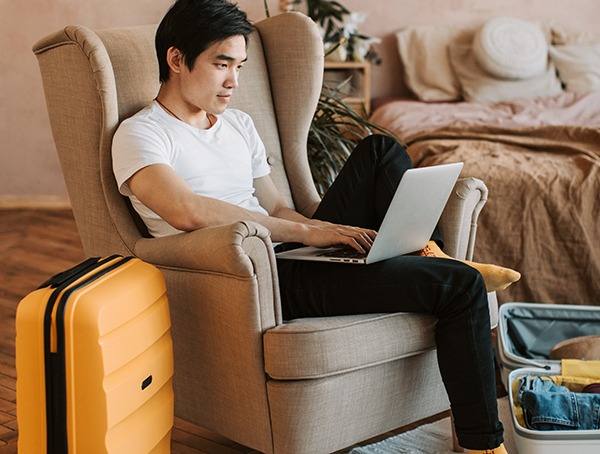FOR IMMEDIATE RELEASE
Landlords in key regional tourist areas can make more from just 25 nights on Airbnb than a full year’s income from residential rent, putting real pressure on the availability of long-term rentals for residents.
A new research paper from Per Capita’s Centre for Equitable Housing examines the impact of the short term rental market on housing availability for renters in Australia, and finds that the relatively lucrative market is likely exacerbating the rental crisis in key regional areas.
Researchers at CEH have crunched the data from InsideAirbnb in six key tourist regions: Metropolitan Sydney, Northern Rivers NSW, Mid-Coast NSW, Metropolitan Melbourne, the Mornington Peninsula and South Australia’s Barossa Valley.
In all areas studied, landlords could earn more from just 100 nights on Airbnb than they could from a full year’s median rent from a long-term residential tenancy.
Gaps between median rents and Airbnb incomes were more severe in regional areas than in capital cities. In some areas, it only takes 25 nights of Airbnb yield to equal the median long-term rent for the year.
CEH estimates that short term rentals make up around 2.3% of the nation’s 10,852,208 homes and could be as much as 7.6% of all rental dwellings.
The report’s lead author, Sam Ibrahim, said “The impact of Airbnb varies dramatically across different towns and suburbs. Any regulation considered by local or state governments must be highly responsive to local effects and the specific needs of permanent residents.”
Even where regulations are in place, though, many property owners are flouting them.
“22% of listings in Sydney and 21% in the Byron Shire Council exceeded 180 nights booked in the year to March 2023,” said Ibrahim “despite legislation restricting bookings to 180 nights in these regions”.
CEH Director Matt Lloyd-Cape said efforts such as that announced this week by the City of Melbourne to better regulate short term rentals were welcome but did not go far enough.
“There are roughly 9000 short term rentals in the City of Melbourne and 30% were let for more than 180 days last year, so the new 180 day cap should reduce problems such as excessive noise and disruption for permanent residents in the City,” he said.
“But the $350 registration fee will have little impact on the growing class of professional hosts we have identified in our research,” said Lloyd-Cape.
“The average annual Airbnb income in Melbourne is $14,000, so the registration fee will really only affect those people using the platform as originally intended, to rent out a room in their own home occasionally. It won’t deter the “mega-hosts” with more than ten properties in the Melbourne STR market”.
Across the regions studied, some of these ‘mega-hosts’ are managing dozens of properties in each market: one individual host has a portfolio of 182 listings in Sydney. Some properties managed by mega-hosts are effectively informal hotels, with multiple rooms advertised as stand-alone STRs in one building.
The research also found that, in some markets, many listings are booked for fewer than two months annually despite being available year-round, including 58% of listings in the Mornington Peninsula and 57% of listings in the Northern Rivers. This suggests a significant proportion of housing in regions with very tight vacancy rates for residential tenants is effectively vacant for most of the year.
The report makes a number of recommendations to better regulate the short term rental market to ensure that the needs of tourists and travellers are balanced with the demand for secure, safe, affordable and comfortable homes for permanent residential tenants.
These include establishing a state or territory-level register of STR properties, better data gathering to ensure regulators have access to the latest information about the market and charging higher council rates on entire homes that are available year-round for short term rental.
Media enquiries: Matt Lloyd-Cape on 0468 321 799 or info@percapita.org.au

